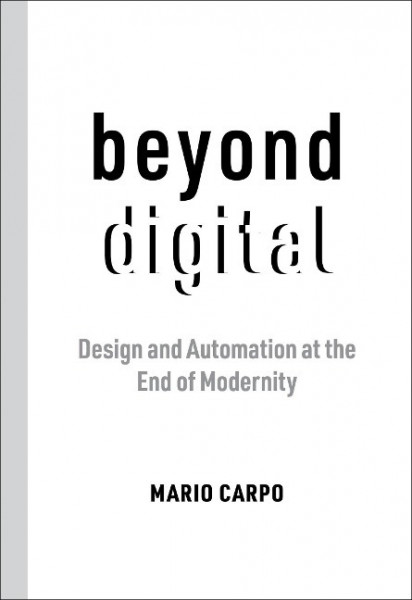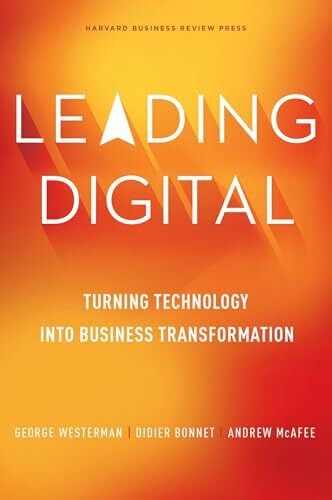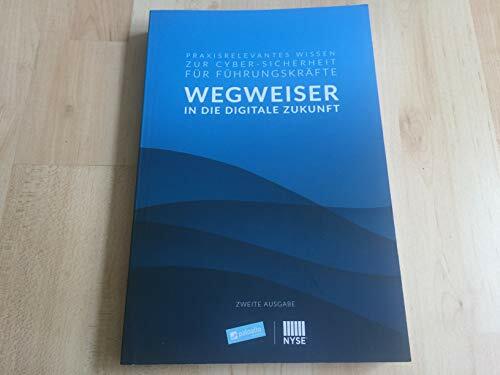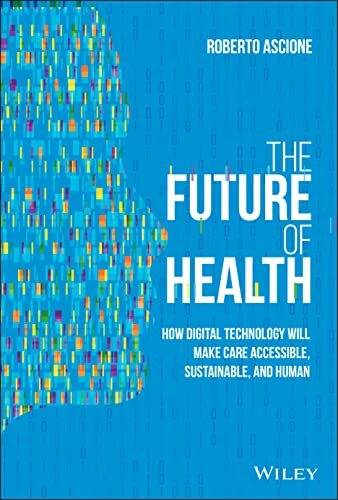
Beyond Digital
Kurzinformation
inkl. MwSt. Versandinformationen
Artikel zZt. nicht lieferbar
Artikel zZt. nicht lieferbar

Beschreibung
Recasting computational design: a new modern agenda for a post-industrial, post-pandemic world.Mass production was the core technical logic of industrial modernity: for the last hundred years, architects and designers have tried to industrialize construction and standardize building materials and processes in the pursuit of economies of scale. But this epochal march of modernity is now over. In Beyond Digital, Mario Carpo reviews the long history of the computational mode of production, showing how the merger of robotic automation and artificial intelligence will stop and reverse the modernist quest for scale. Today’s technologies already allow us to use nonstandard building materials as found, or as made, and assemble them in as many nonstandard, intelligent, adaptive ways as needed: the microfactories of our imminent future will be automated artisan shops.The post-industrial logic of computational manufacturing has been known and theorized for some time. By tracing its theoretical and technical sources, and reviewing the design theories that accompanied its rise, Carpo shows how the computational project, long under the sway of powerful antimodern ideologies, is now being recast by the urgency of the climate crisis, which has vindicated its premises—and by the global pandemic, which has tragically proven its viability. Looking at the work of a new generation of designers, technologists, and producers, Beyond Digital offers a new modern agenda for our post-industrial future. von Carpo, Mario
Produktdetails

So garantieren wir Dir zu jeder Zeit Premiumqualität.
Über den Autor
Mario Carpo is the Reyner Banham Professor of Architectural History at the Bartlett-UCL in London and Professor of Architectural Theory at the University of Applied Arts (die Angewandte) in Vienna. He is the author of Architecture in the Age of Printing (2001), The Second Digital Turn (2017), and other books.

- Gebunden
- 292 Seiten
- Erschienen 2014
- Harvard Business Review Press

- Gebunden
- 151 Seiten
- Erschienen 2022
- Wiley

- Kartoniert
- 408 Seiten
- Erschienen 2021
- Kerber Verlag

- Gebunden
- 272 Seiten
- Erschienen 2022
- Harvard Business Review Press

- Kartoniert
- 310 Seiten
- Erschienen 2017
- Springer Gabler

- Kartoniert
- 355 Seiten
- Erschienen 2017
- MWV Medizinisch Wissenschaf...

- paperback_bunko -
- Erschienen 2019
- Palo Alto Networks

- Kartoniert
- 928 Seiten
- Erschienen 2021
- Springer Gabler

- Kartoniert
- 192 Seiten
- Erschienen 2021
- Waxmann

- perfect
- 422 Seiten
- Erschienen 2016
- Shaker

- Gebunden
- 388 Seiten
- Erschienen 2017
- De Gruyter Oldenbourg

- Kartoniert
- 221 Seiten
- Erschienen 2022
- Beltz

- hardcover -
- Erschienen 1994
- Books Nippan
































